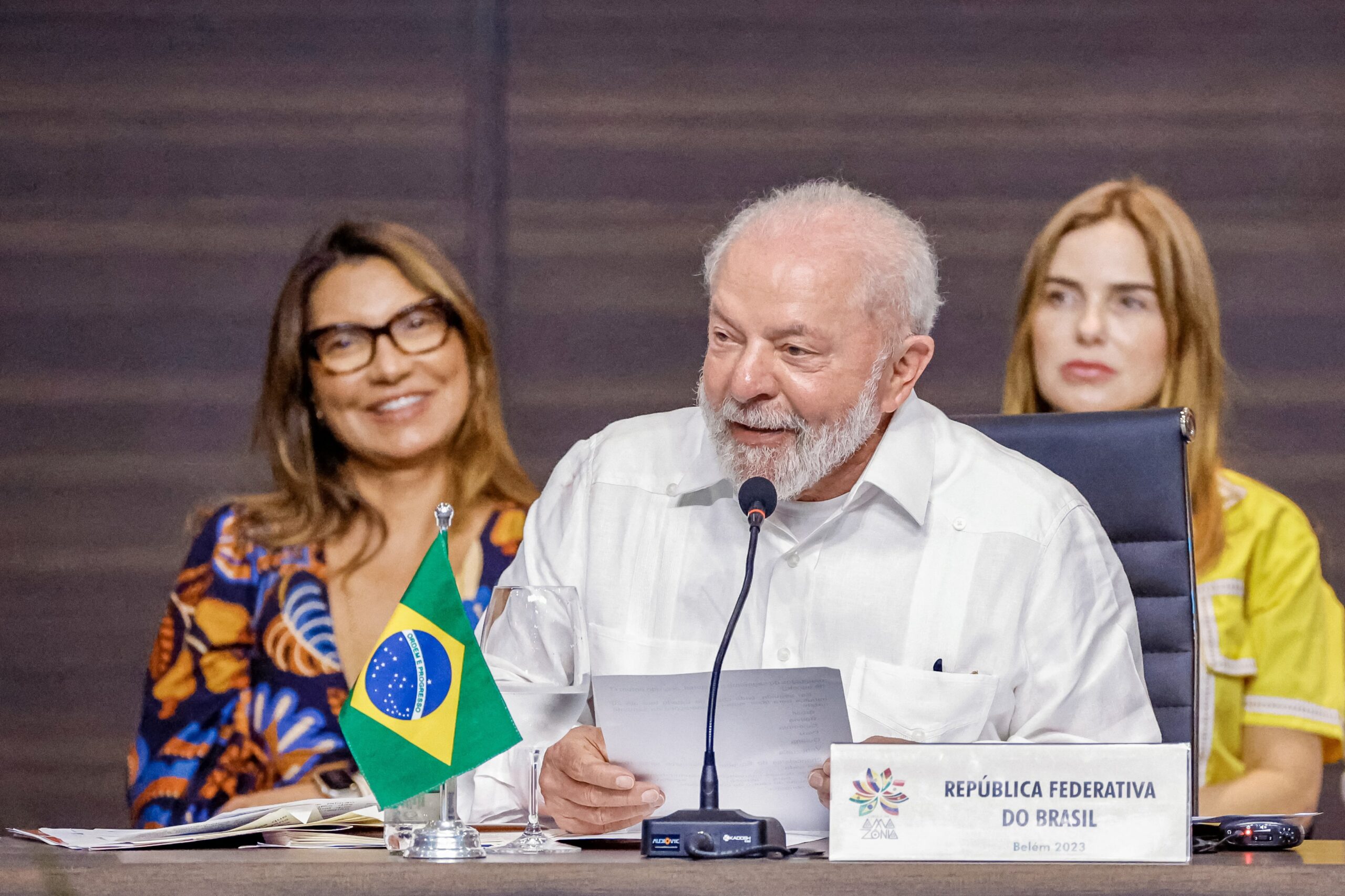Brazil will go back to the climate targets it drew up in 2015 while it works on new and improved ones
The Brazilian government has agreed to cancel former president Jair Bolsonaro’s cuts to its climate ambition and to work on a new improved climate target.
The moves were agreed by a group of government ministers at the Interministerial Committee on Climate Change last week.
The government will change Brazil’s climate plan, resuming the level of ambition presented in 2015 “in terms of absolute values of greenhouse gas emissions”, it said.
President Lula Da Silva is expected to officially announce this at the United Nations (UN) General Assembly in New York on Wednesday.
Izabella Teixeira, Brazil’s former environment minister and Lula advisor, welcomed the decision saying “Brazil finally recognises the mistakes made by the previous government”.
“We have again a baseline pointing in the right direction from whom to discuss the future,” she told Climate Home News. “Brazil has the ambition to do more in the future. It can move from green-wishing to green-doing”.
Claudio Angelo from the Observatorio Do Clima says it is an important first step, but bolder commitments are needed.
“We are finally burying Bolsonaro’s toxic climate governance legacy,” he said. “But this is nowhere near the ambition we need to show in a country whose president says he wants to lead on climate”.
Bolsonaro’s cuts
In its first UN climate plan in 2015, the Brazilian government led by Lula ally Dilma Rousseff pledged to cut emissions by 37% between 2005 and 2025 and by 43% by 2030.
Under UN rules, governments are supposed to progressively increase their ambition but the Bolsonaro administration twice used accounting tricks to weaken its climate goals.
In 2020 it reiterated the same targets but tweaked the baseline emission data, allowing for more emission than the previous version in absolute terms.

The Brazilian climate target in 2015 was more ambitious than its 2020 or 2022 ones. Source: Observatório do Clima
Following pressure from civil society and the international community, the government made a new update in 2022, raising the 2050 target to 50%.
But the proposal still permitted the emission of 70 MtCO2e more than what was first proposed in 2015.
Ana Toni, national secretary for climate change at environment ministry, said the return to stricter targets is “very important symbolically because it helps to end the evil things that the Bolsonaro government did”.
More ambition needed
Toni added that the government will now get to work on a new climate plan, which “will logically be more ambitious than that”. But she did not announce a timeline for its development.
The government has set up two working groups on the new plan – one for emissions-cutting and one for adapting to climate change.
Subgroups will be cretaed to draw up eight emissions-cutting plans for different sectors and 14 adaptation plans.
Overshoot Commission calls for research into solar geoengineering
Observa
Read More

